Take the Lead in Making Real-World Impact
William S. Boyd School of Law provides students with opportunities for “learning by doing” and putting law into practice while serving members of the community who have inadequate access to legal services and information. Experiential learning opportunities enable students to develop the skills necessary to become legal professionals of the highest order: critical thinking, a commitment to excellent practice and service, an understanding of the strengths and weaknesses of legal systems and professional rules, and a balance between confidence and humility. Simulations, Practicum, Externships, and Clinics offer different modes, contexts, levels of intensity and responsibility. All courses integrate legal doctrine with lawyering skills, placing intentional focus on helping students form their professional identity as lawyers.
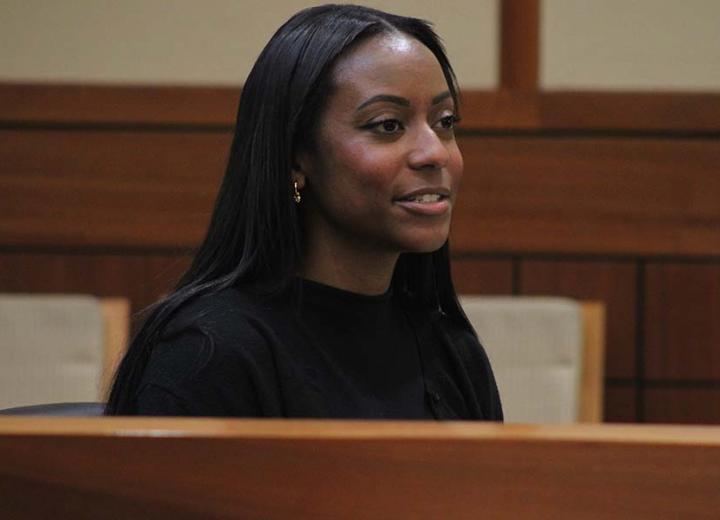
Simulation Courses
Designed to replicate real-world legal challenges, The Boyd School of Law offers simulation courses around areas such as litigation, trial advocacy, negotiation, and dispute resolution. Simulations engage students in strategic reasoning and decision-making, equipping them with the essential skills to become competent legal professionals across a wide range of substantive law areas.
Examples of previous Boyd Law Simulations include:
Trial Advocacy Students design, execute and practice the lawyering tasks specifically associated with actual courtroom trials, including opening statements, direct examination, cross-examination, evidentiary objections, and closing arguments.
Jury Voir Dire Students explore the intersection of psychology and law in the process of jury selection for various types of cases. Through practical exercises, legal principles, and case law, they learn effective techniques to assemble the best possible jury panel.
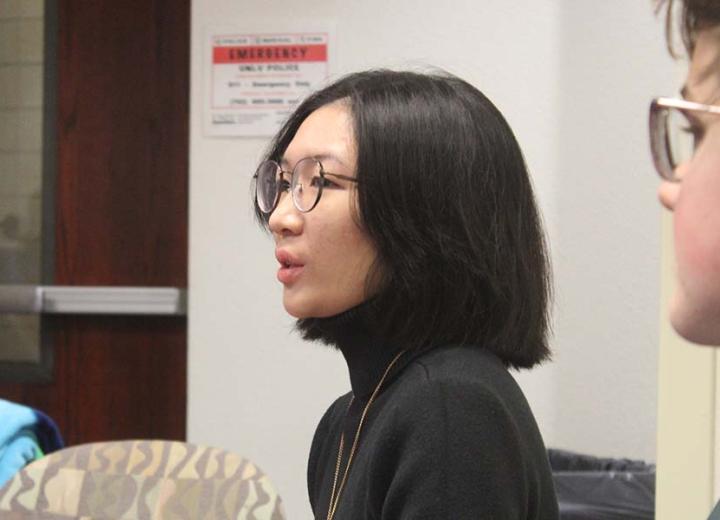
Practicum Courses
Practicum, or service-learning courses, interweave practical work with participation in seminar-based learning. Students engage in meaningful work through our extensive network in the legal community.
Examples of previous Boyd Law Practicums include:
Family Mediation Students mediate real divorce and custody cases referred from the Clark County Family Court. In this role, they adopt a neutral, professional stance, collaborating with litigants and attorneys to explore potential mutually satisfactory resolutions. Student mediators will handle cases at various stages of the litigation process, ranging from newly filed cases to those that are post-discovery and nearing trial.
Tribal Law Practicum In partnership with the San Manuel Band of Mission Indians, Boyd students gain comprehensive knowledge of tribal law and research techniques. As part of their experience, students undertake an independent project for the San Manuel tribal government, which may involve research on tribal law, federal Indian law issues impacting client tribes, and legislative drafting.
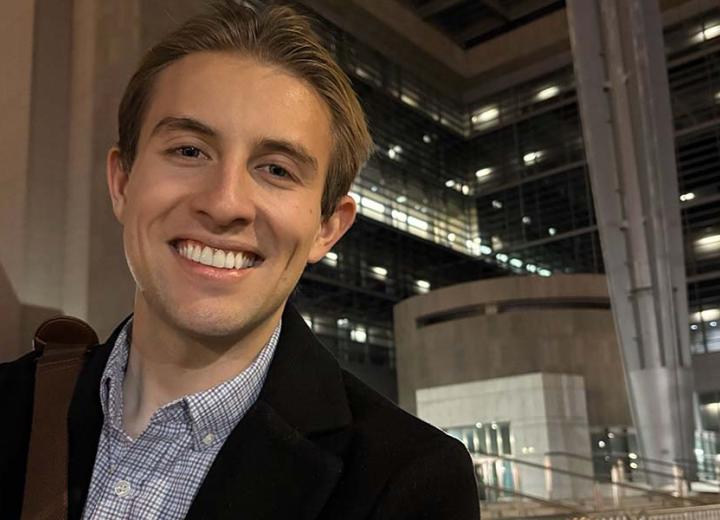
Externships
An integrative experience between class work and real world experience, Externship students enhance their legal education by observing and working alongside lawyers and judges in a variety of settings.
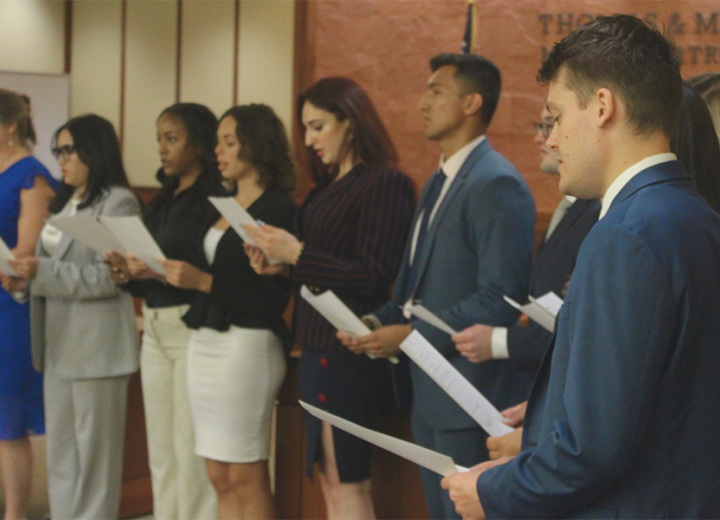
Thomas and Mack Legal Clinic
As the in-house law firm of Boyd Law, the Thomas and Mack Legal Clinic provides guidance to law students as they gain hands-on legal experience as sworn student attorneys. Under the supervision of experienced faculty, student attorneys take the lead in managing all aspects of client representation, including building and maintaining the attorney-client relationship, strategic planning, fact investigation, legal research, drafting and filing documents, and appearing in court.
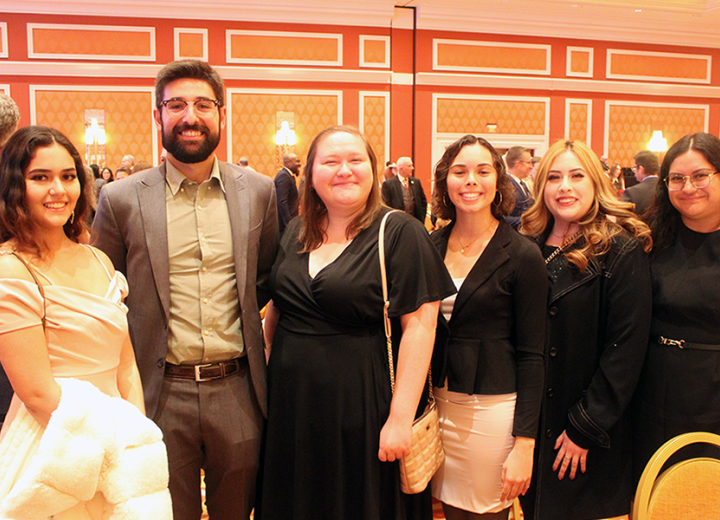
Partners in Pro Bono
The Partners in Pro Bono Program is a collaboration between the Boyd School of Law and the Legal Aid Center of Southern Nevada's Pro Bono Project. In this Program, Boyd law students are paired with an attorney-mentor to work as co-counsel on a pro bono case. Together, law students and their attorney-mentors represent clients in many different kinds of legal matters: appellate, consumer protection, family law, federal civil rights, non-profit organizations, among many others. This collaborative experience allows attorneys to share their expertise and helps students to develop lawyering skills and bridge the gap between legal theory and practice.